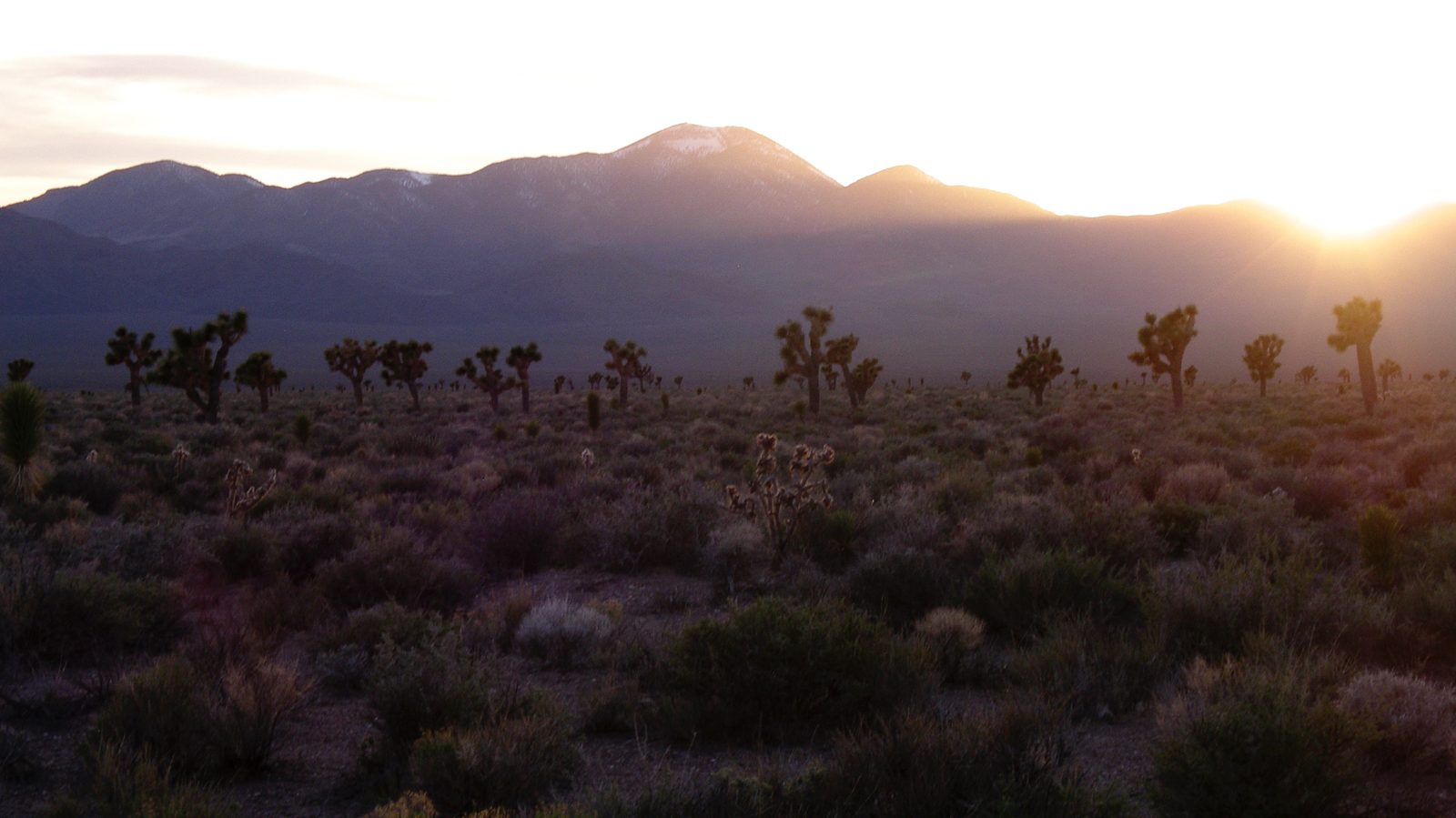
(CIS)
It was a rainy winter in the Mojave, and it was mighty quiet around the ol’ Joshua Tree Genome Project Page.
But we didn’t just huddle up around the fire.
January means grant proposal deadlines at the National Science Foundation, so while the yucca moths were underground this winter, we were hard at work trying to find funding for the next phase of this project. The generous support we’ve received from donations at Experiment.com and from The Living Desert Zoo, we’ve made huge progress towards assembling the Joshua Tree Genome. However, completing the next stage in the project – identifying the genes involved in adaptation to climate change – is going to be expensive. So, we’re looking to NSF to help us make it happen. Thanks in large part to the work we’ve been able to do so far, that proposal we wrote back in January was interesting enough to NSF for us to be invited to the next round of consideration — look for an update on that part of the process soon.
Research dollars are getting harder and harder to come by as federal spending for basic research has stagnated. So, the competition is fierce, and winning the funding game means we’ve gotta hit it out of the park. I hope what we’ve put together for tomorrow’s deadline is up to the task.
To learn more about the value of basic research check out this great story from the PBS News Hour. It’s an essay by Sheila Patek, a biologist at Duke University who studies, among other things, the biomechanics of mantis shrimp, which use their flimsy forelimbs to punch through tough snail shells. Patek’s work can seem frivolous, but it might also lead to biologically-inspired designs for stronger materials. She says
The nature of discovery is that it is impossible to anticipate what you will find. That is discovery. Discovery-based research is most fruitful when new knowledge is sought for its own sake.
If you agree, maybe phone a friend in Washington to tell her about it?

You must be logged in to post a comment.